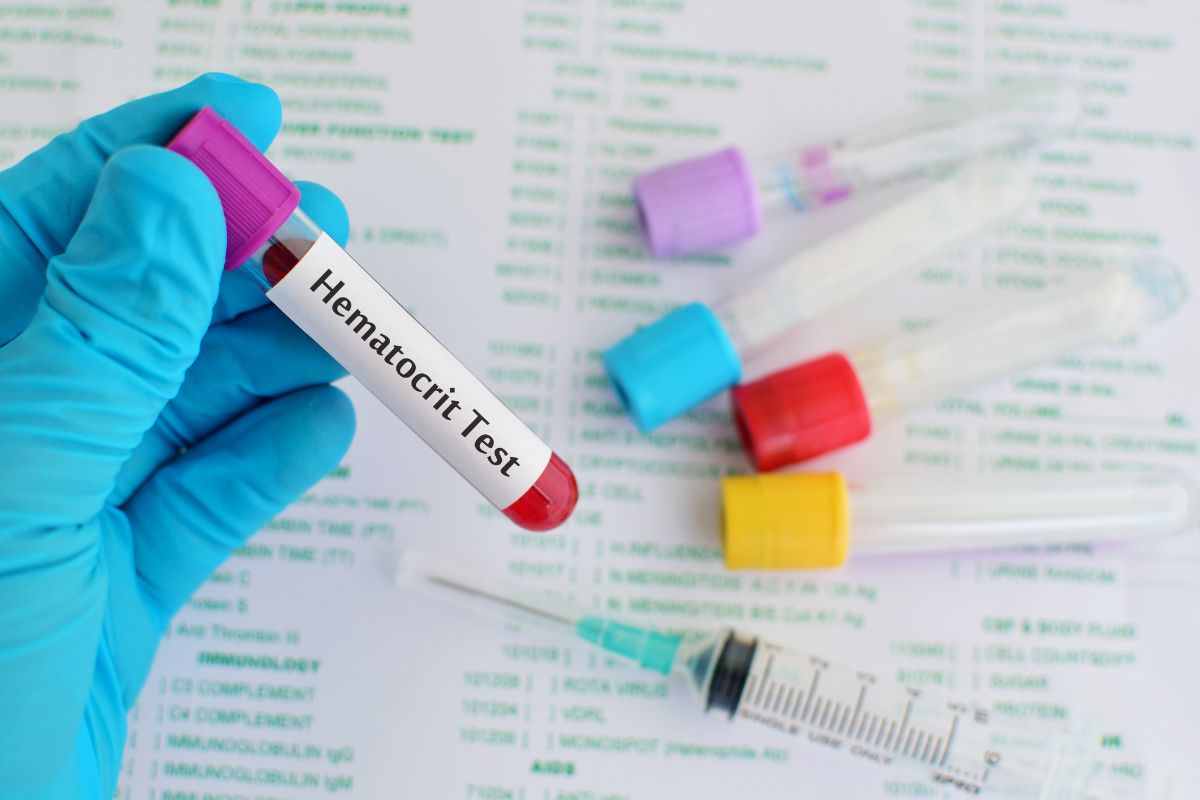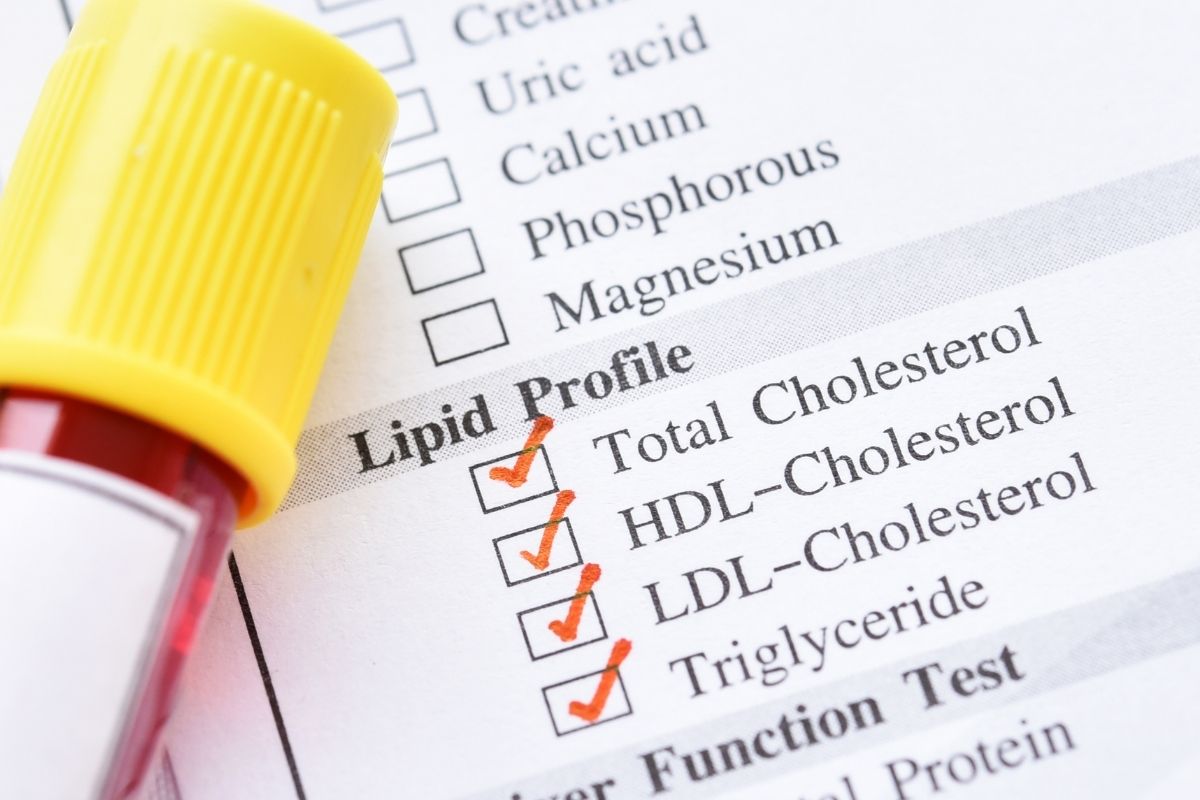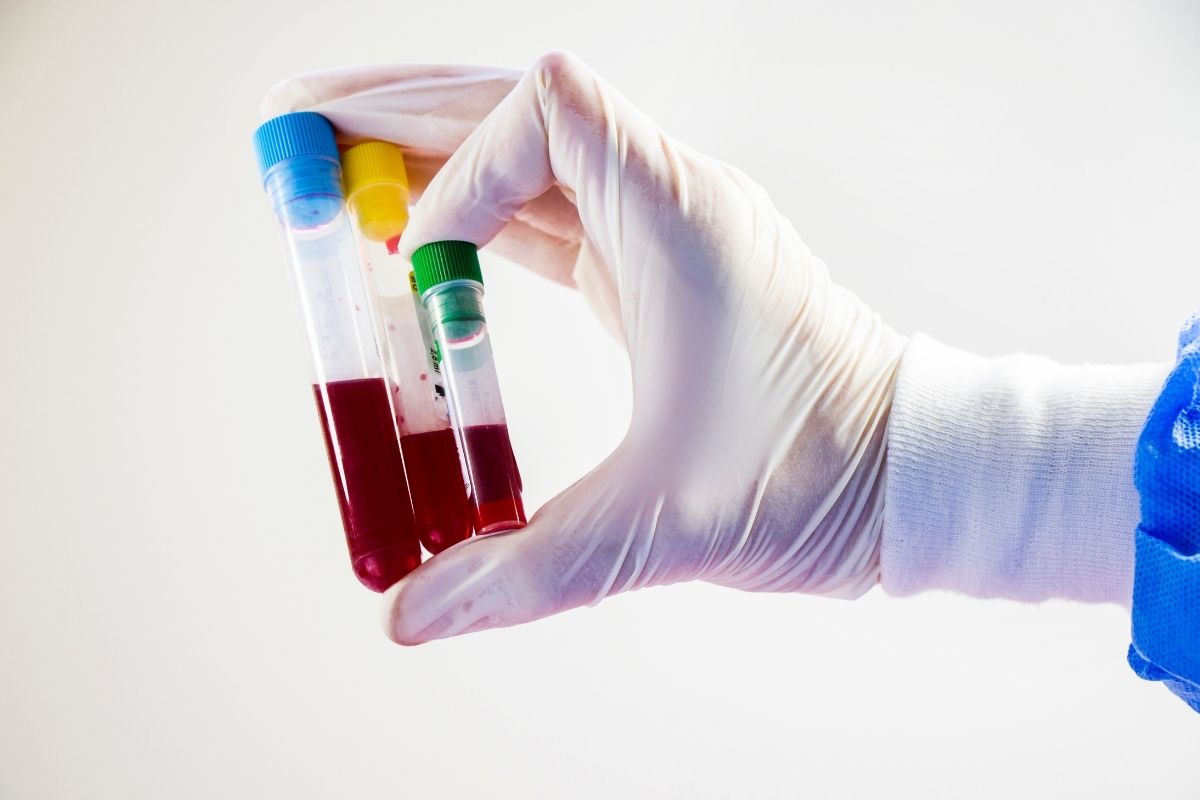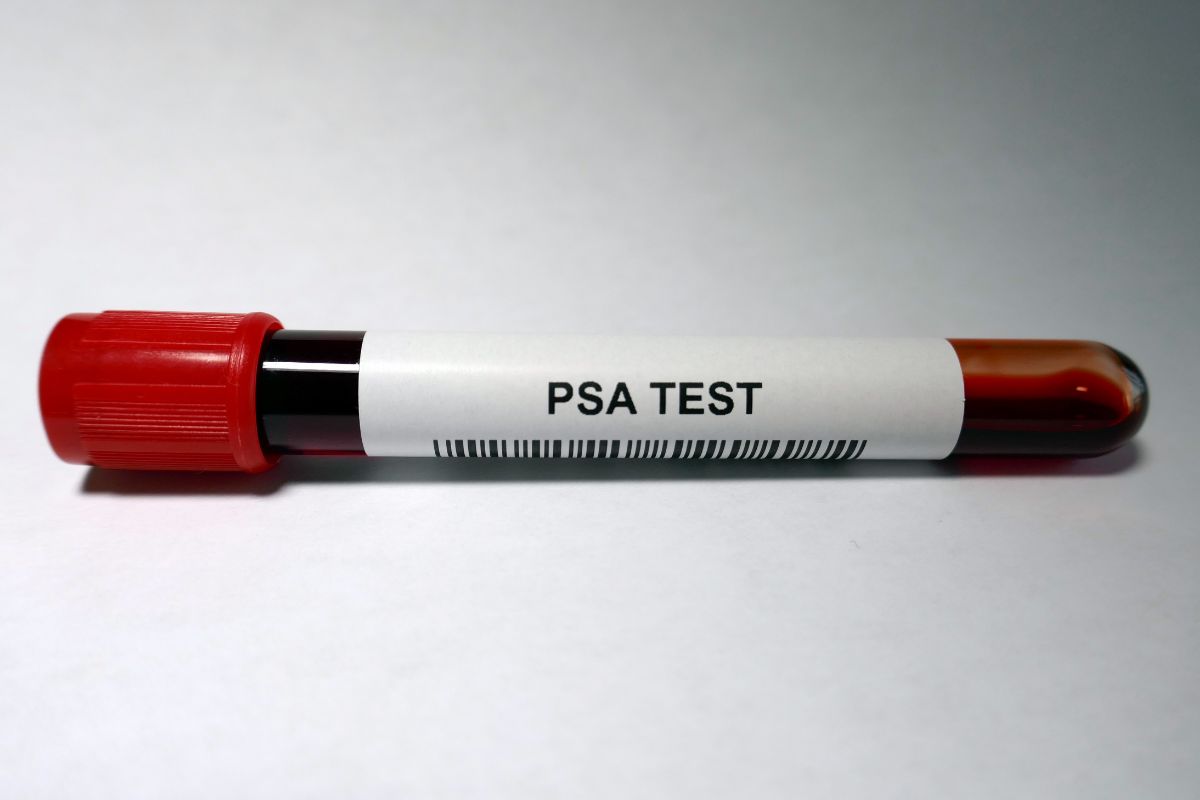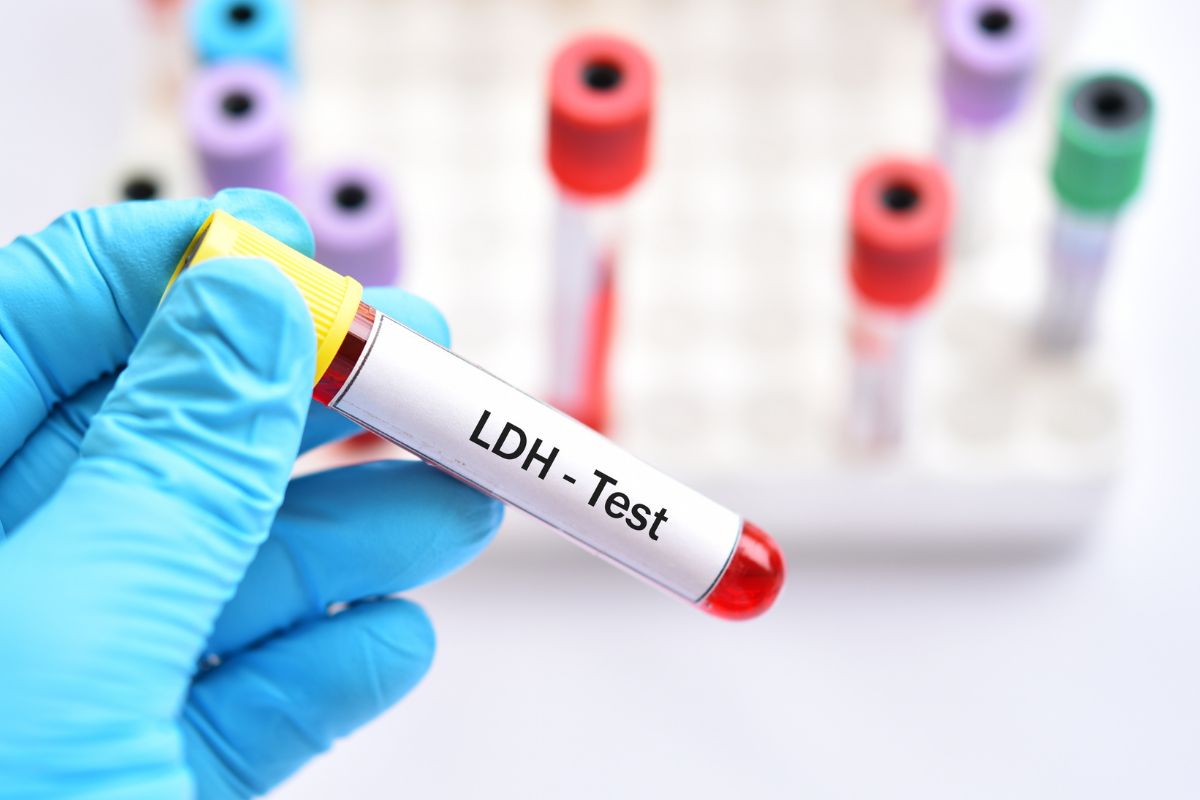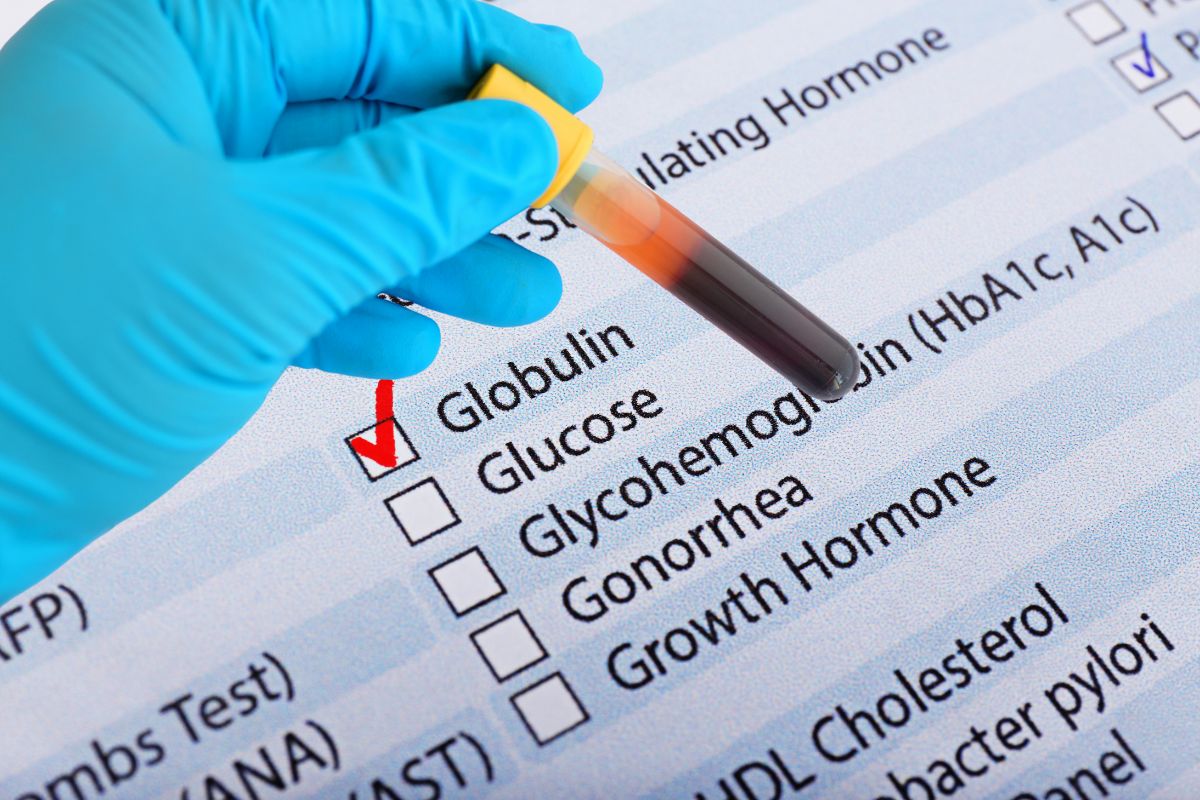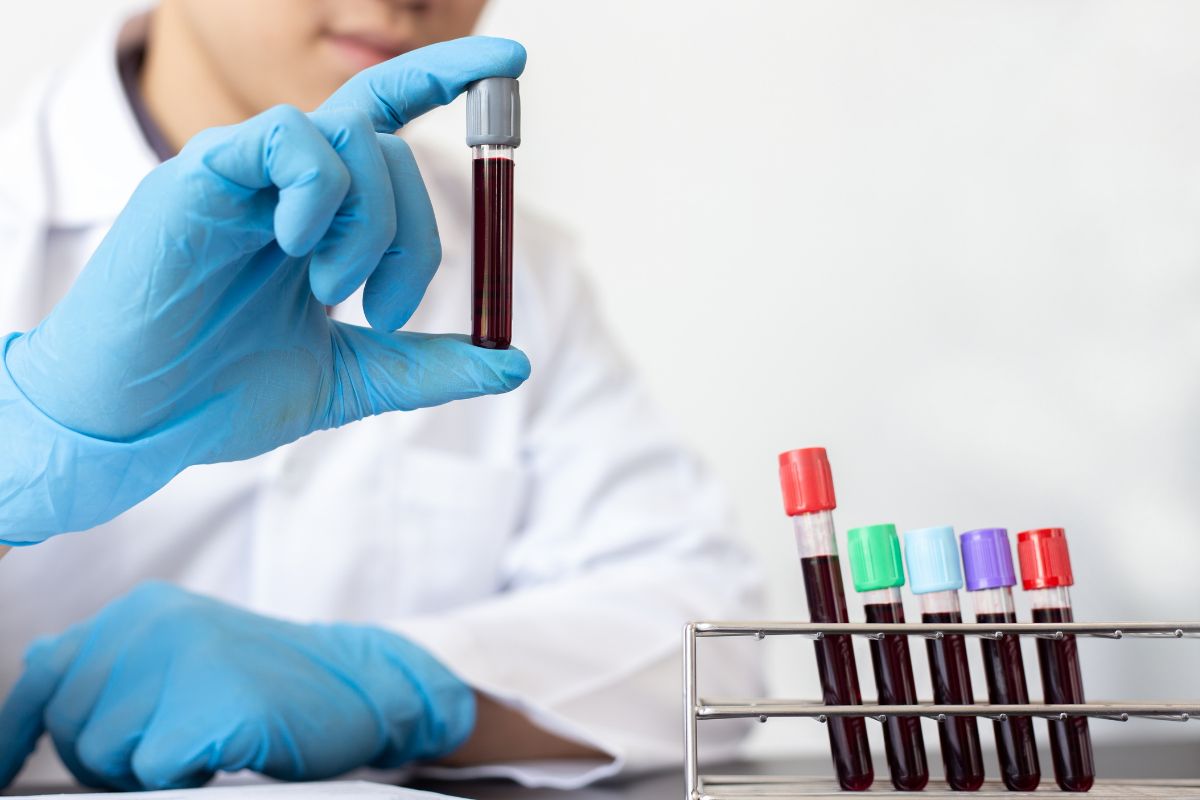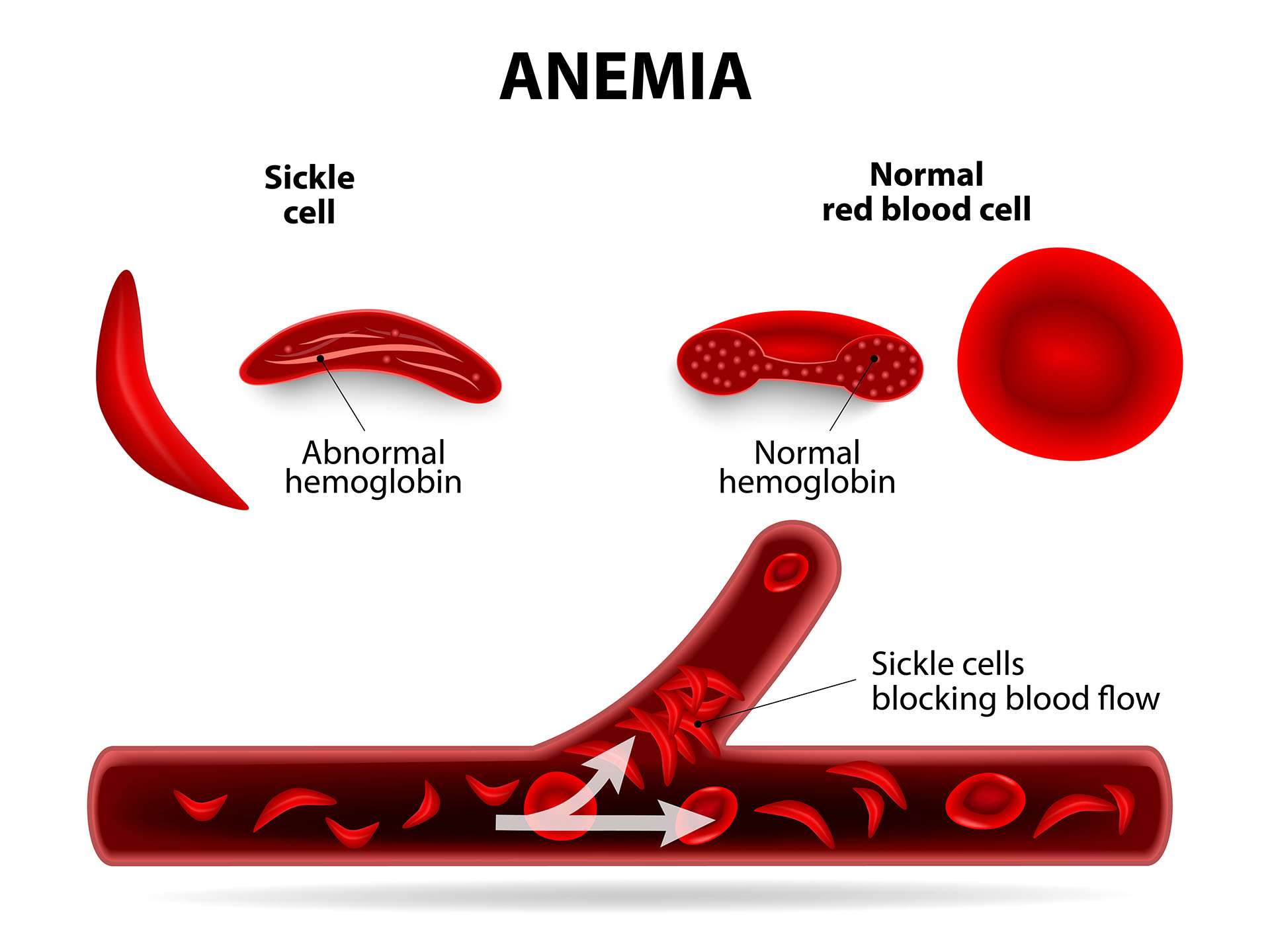PCV
Lab: MOHOThe PCV (Packed Cell Volume) test, also known as the hematocrit test, measures the percentage of red blood cells in your blood. This simple blood test is an important part of a routine blood checkup and can provide valuable information about your blood health.
The PCV test is typically performed as part of a complete blood count (CBC) test. The CBC test measures the levels of different components of your blood, including red blood cells, white blood cells, and platelets. The PCV test specifically measures the percentage of red blood cells in your blood.
Red blood cells are responsible for carrying oxygen from your lungs to the rest of your body. The PCV test can help your doctor determine if you have too few or too many red blood cells in your blood. If you have too few red blood cells, it can be a sign of anemia. Anemia is a condition in which your body doesn't have enough red blood cells to carry oxygen to your body's tissues. This can make you feel tired and weak. If you have too many red blood cells, it can be a sign of a condition called polycythemia. Polycythemia is a rare condition in which your body produces too many red blood cells. This can cause your blood to become thick and sluggish, increasing your risk of blood clots.
The PCV test is a simple and quick procedure that involves taking a small sample of blood from your arm. The blood sample is then analyzed in a laboratory. The test is painless and takes only a few minutes to complete.
The PCV test is useful in diagnosing a range of blood disorders, including anemia, sickle cell anemia, and hemolytic anemia. Anemia is a common condition in which your body doesn't have enough red blood cells to carry oxygen to your body's tissues. This can make you feel tired and weak. Sickle cell anemia is a genetic condition that affects the shape of your red blood cells, making them more prone to breaking and causing anemia. Hemolytic anemia is a condition in which your red blood cells are destroyed faster than your body can replace them. This can be caused by a variety of factors, including infections, medications, and autoimmune
One Time Purchase
Rs.108.00PCV
Lab: MOHODescription
The PCV (Packed Cell Volume) test, also known as the hematocrit test, measures the percentage of red blood cells in your blood. This simple blood test is an important part of a routine blood checkup and can provide valuable information about your blood health.
The PCV test is typically performed as part of a complete blood count (CBC) test. The CBC test measures the levels of different components of your blood, including red blood cells, white blood cells, and platelets. The PCV test specifically measures the percentage of red blood cells in your blood.
Red blood cells are responsible for carrying oxygen from your lungs to the rest of your body. The PCV test can help your doctor determine if you have too few or too many red blood cells in your blood. If you have too few red blood cells, it can be a sign of anemia. Anemia is a condition in which your body doesn't have enough red blood cells to carry oxygen to your body's tissues. This can make you feel tired and weak. If you have too many red blood cells, it can be a sign of a condition called polycythemia. Polycythemia is a rare condition in which your body produces too many red blood cells. This can cause your blood to become thick and sluggish, increasing your risk of blood clots.
The PCV test is a simple and quick procedure that involves taking a small sample of blood from your arm. The blood sample is then analyzed in a laboratory. The test is painless and takes only a few minutes to complete.
The PCV test is useful in diagnosing a range of blood disorders, including anemia, sickle cell anemia, and hemolytic anemia. Anemia is a common condition in which your body doesn't have enough red blood cells to carry oxygen to your body's tissues. This can make you feel tired and weak. Sickle cell anemia is a genetic condition that affects the shape of your red blood cells, making them more prone to breaking and causing anemia. Hemolytic anemia is a condition in which your red blood cells are destroyed faster than your body can replace them. This can be caused by a variety of factors, including infections, medications, and autoimmune
Category
Haematology
Prerequisite
You don't need any special preparation for this test
Normal Range
Males:
0-14 days: 39.8-53.6%
15 days-4 weeks: 30.5-45.0%
5 weeks-7 weeks: 26.8-37.5%
8 weeks-5 months: 28.6-37.2%
6 months-23 months: 30.8-37.8%
24 months-35 months: 31.0-37.7%
3-7 years: 34-42%
8-11 years: 35-43%
12-15 years: 38-47%
16-17 years: 40-50%
Adults: 38.3-48.6%
Females:
0-14 days: 39.6-57.2%
15 days-4 weeks: 32.0-44.5%
5 weeks-7 weeks: 27.7-35.1%
8 weeks-5 months: 29.5-37.1%
6 months-23 months: 30.9-37.9%
24 months-35 months: 31.2-37.8%
3-7 years: 34-42%
8-17 years: 35-43%
Adults: 35.5-44.9%
Type of sample to be collected
Blood Sample
Need Help ?
Our Expert team will call you back soon,
If Don't want to wait, call us
or write us at - info@moho.care

